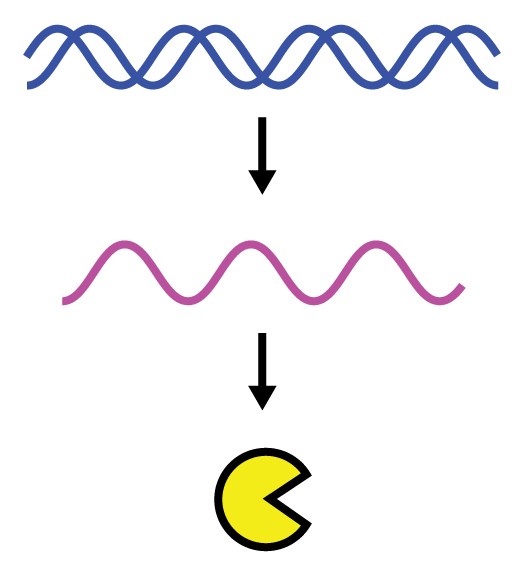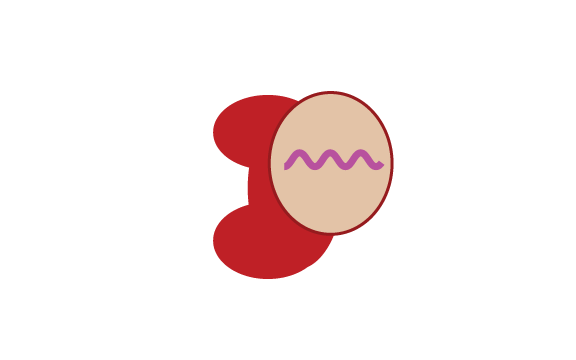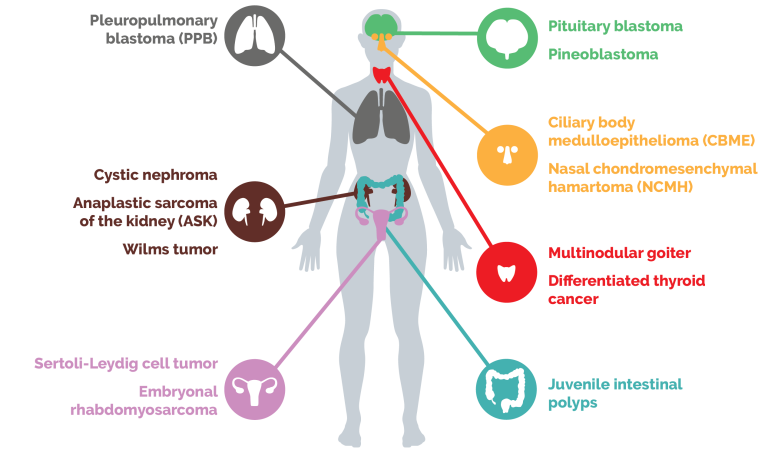
Gene expression is a highly dynamic process. To regulate RNA synthesis and degradation, cells have a variety of tools for regulating gene expression.
However, many childhood cancers are driven by the loss of these regulatory tools. For example, the loss of one of these tools, known as microRNAs, can lead to a variety of rare childhood tumors. Many other cancers bear mutations in transcription factors, the proteins that give a cell its identity by determining which genes are expressed. Yet other cancers are driven by mutations in another regulatory tool, the chromatin remodeling complexes.
We study how dysregulation of RNA synthesis and degradation drives childhood cancers with the ultimate goal of identifying new therapeutic vulnerabilities to exploit in treating them.
Childhood Kidney Cancer
Wilms tumor is the most common pediatric kidney cancer. Many are driven by mutations in transcription factors, chromatin remodeling factors, or microRNA processing genes. We are studying how these mutations affect gene expression and drive tumor formation. We are performing these studies both in vitro, with cell-line models, and in vivo, generating genetically-engineered mouse models of Wilms tumor mutations. In addition, we are continuing to sequence Wilms tumors to fully describe the landscape of gene dysregulation mechanisms in Wilms tumors.


DICER1 mutations
One particular gene which regulates gene expression, known as DICER1, can be mutated in a wide range of rare cancers. DICER1 is one of the key enzymes in microRNA production. Some children are born with mutations in DICER1 that predispose them to develop cancer. However, no therapies have been developed for DICER1-related cancers. We seek to understand how DICER1 cancers arise, using both in vitro and in vivo models.
Chemoresistance
Dactinomycin, an inhibitor of transcription (RNA production), is one of the most commonly used chemotherapy drugs for childhood cancers including Wilms tumor, rhabdomyosarcoma, and pleuropulmonary blastoma. It is effective for many patients. However, most tumors that are resistant to front-line therapy become impossible to treat. We are investigating how tumors evade transcriptional inhibition and ways to target these escape mechanisms.